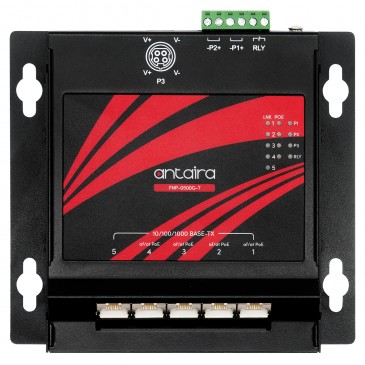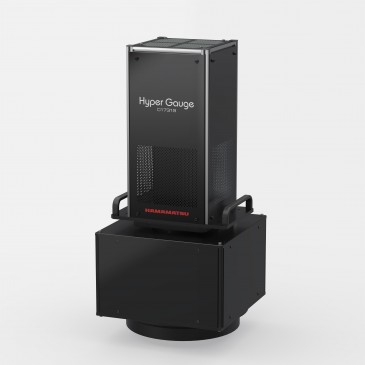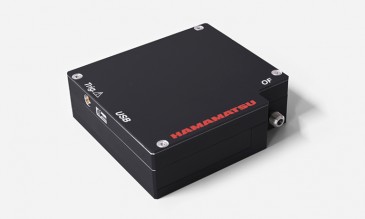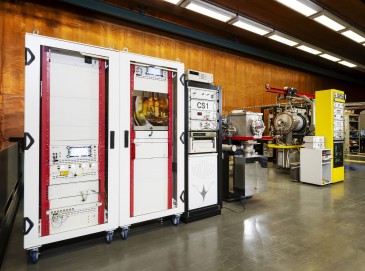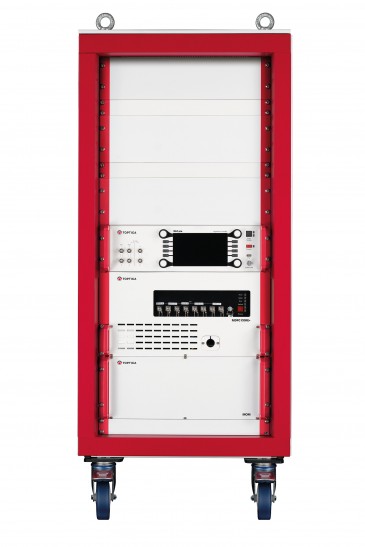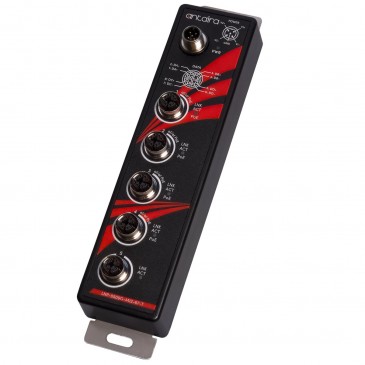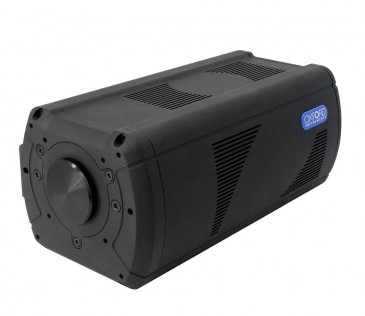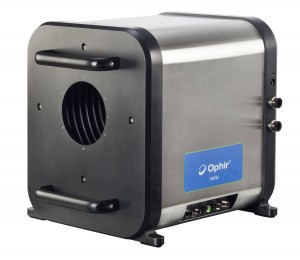
The federal solar tax credit, which helps homeowners and renters recover up to 30 percent of the costs of solar panel installations, will expire at the end of this year for residential customers who buy their system rather than leasing it. Following recent federal budget legislation, residential consumer-owned solar panels will need to be installed and paid for by December 31 to be eligible for the tax credit. Consumers who lease solar panels from a company, instead of buying them, may still be eligible for savings from the tax credit until the end of 2027.
“When compared to skyrocketing utility bills, rooftop solar and storage systems will continue to be a wise investment for consumers even without the solar tax credit,” said CALSSA Executive Director Brad Heavner. “It is understandable that many consumers will hurry to go solar before the tax credit expires. Those consumers should still take time to be informed and not skip important steps in the process.”
With a surge of consumers expected to consider going solar before the federal tax expires, California’s solar and storage industry is sharing tips and best practices.
- Get three bids from a properly licensed solar contractor, preferably one who is a member of a trade association like CALSSA.
- Any contract you sign should include the system size (measured in kilowatts, kW), the final installed cost, and warranty information. It should also include the license numbers of the contractor and the home improvement sales agent who sold you the solar system. The contract should be in the same language as the sales conversation. Do not sign a contract that is missing these important pieces of information.
- Consider adding battery energy storage to your solar system. A battery can protect your solar investment while also giving you emergency backup power during grid outages.
- Pay as you go. Do not make more than a $1,000 down payment upon signing a contract. There are also a lot of options for financing your solar system or signing up for a power purchase agreement that does not require large up front investments.
- There is a limited program for customer rebates for low-income customers, but promises of government incentives may not be true. A properly designed system will create much more savings over time than the cost of the system even without a rebate, or you can save money from day one with a financing agreement.
- There is no such thing as a “zero utility bill.” Most electric bills in California contain monthly charges. These are required with or without solar. You can save money by going solar, but you cannot make money. Finally, adding solar to your home does not mean you can use as much electricity as you’d like. If you significantly increase your electricity usage after going solar, outpacing the size of your solar system, your electric bill will increase.
- Buyer’s remorse? California gives you three days to change your mind or five days if you’re 65 or older. Instructions on how to cancel must be included in your contract.
For more information and frequently asked questions about rooftop solar, visit calssa.org.



































 Back to News
Back to News